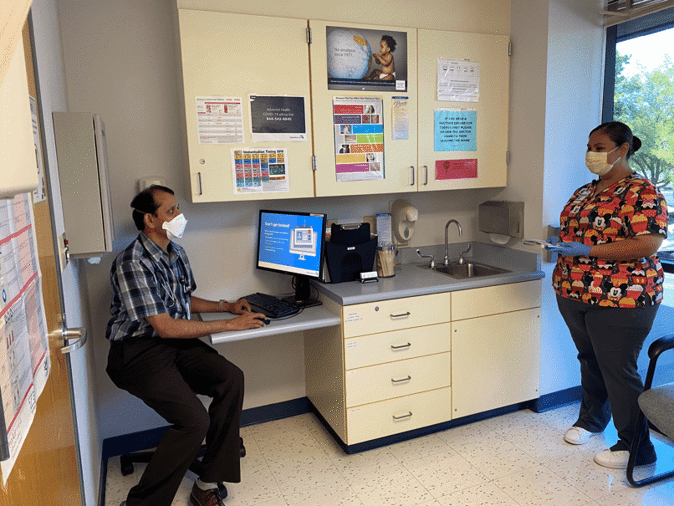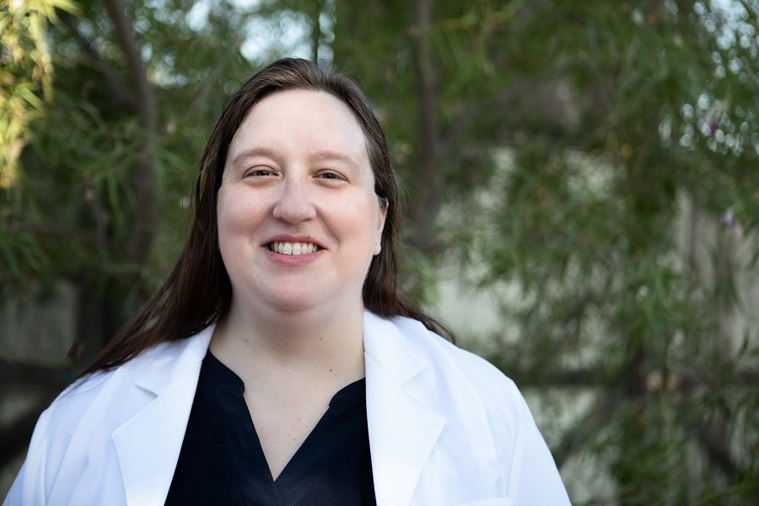Healing Strategies For Adverse Childhood Experiences
Sep 21, 2022

Everyone can conjure a few unpleasant memories from childhood. But about two-thirds of U.S. adults report that they suffered traumatic events calledadverse childhood experiences, or ACEs, before age 18. ACEs include physical, emotional and sexual abuse, neglect, or households affected by divorce, death, mental illness, incarceration or substance abuse.
“Mendocino County has some of the highest ACE scores in the state, and those numbers will likely climb as we continue to collect data,” saysJennifer Guth, FNP, a pediatric nurse practitioner at Adventist Health Ukiah Valley. Guth is a member of a local task force that is working to combat the effects of ACEs by training teams to provide ACEs screenings, trauma-informed care and connection to resources that support affected families.
Project HOPEhas seen success serving local communities through Hope, Outreach, Prevention and Education, and provides emergent resources to both Adventist Health Mendocino ACE associates and patients during times of crisis.
Assessing risk
For children and their families, ACEs support starts with a discussion of how environment plays a role in mental, physical and developmental symptoms. Screening enables primary care providers to quickly assess risk for “toxic stress” — exposure to intense, frequent or sustained stress — and respond to it.
“You can feel the negative energy from things going on in their personal lives,” Guth says, “and how this causes symptoms such as anxiety, depression, sleep disorders, headaches, stomach pain, constipation, difficulty with attention and problems in school.”
Gathering support
Guth says several community groups are working hard to compile lists of available resources for family — everything from traditional talk therapy to sports, art, music, dance and animal therapy toyogaand aikido, a Japanese martial art that can teach children mindfulness and breathing techniques. This information will enable primary care providers to share resources that fit each family’s needs and preferences.
“We want to be able to teach kids from the time they’re little to have the tools they need to help counteract some of the ACEs they might experience,” Guth says. “The stress is going to be there; we’ve got to teach them the tools to manage it.”
Stress-busting strategies
How can children and families heal and grow after trauma? ACEs Aware, California’s initiative to support children who have faced adverse childhood experiences, recommends these strategies to reduce stress and its physical effects and enhance mental health:
- Supportive relationships with family and peers
- High-quality sleep
- Regular physical activity
- Balanced nutrition
- Spending time in nature
- Mindfulness and meditation
- Mental health care, including psychotherapy, psychiatric care and substance use treatment
Improving access to local healthcare
Adventist Health welcomes six new resident physicians to the community.
Mendocino County is home to more than 86,000 people, and each of them deserves quality medical care. Adventist Health in Mendocino County has welcomed six new physicians to its family medicine residency — the only one of its kind in the county.


